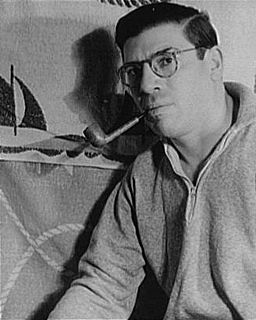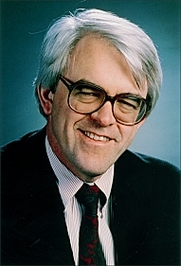A Quote by Sasa Stanisic
A book is not only written - after it's finished it starts writing you, the writer. You become its notebook, its sheet of paper on which it forces you to think and rethink your original ideas, your topics, your research, actually everything.
Related Quotes
Exercise your imagination muscle! How many uses can you come up with for a flowerpot? Write down your answers. But don't write them in this book. Grab a separate sheet of paper. I didn't spend two and a half weeks writing a book just so you could mark up the pages with your silly ideas for things you can do with a flowerpot. When it comes down to it, what's wrong with a flowerpot not being a flowerpot? Why is nothing ever good enough for you?
It is only when you open your veins and bleed onto the page a little that you establish contact with your reader. If you do not believe in the characters or the story you are doing at that moment with all your mind, strength, and will, if you don't feel joy and excitement while writing it, then you're wasting good white paper, even if it sells, because there are other ways in which a writer can bring in the rent money besides writing bad or phony stories.
I began writing books after speaking for several years and I realize that when you have a written book people think that you're smarter than you really are if I can joke. But it's interesting. People will buy your book and hire you without reading the book just because you have a book and you have a book on a subject that they think is of interest to themselves or e to their company.
There are certain things that I'll hear about and that I think will make a great book and I put it in a file. Sometimes it's a situation that interests me, and I don't even realize what I'm trying to say about it until I get closer to it. Sometimes the book after that I've written 125 pages of, and I can tell you what the book is after that. I just sort of have a linear progression, but more than anything, the topics land in your lap. I don't feel that I go out searching for them.
Structure is what makes communication hang together. It's like the rails that a train runs on. Without them, things wouldn't move very far. If you only have time to do one thing in your presentation, make sure it has a clear and identifiable structure. Without this, you'll have no credibility. Once you've organized your ideas, if you step back and look at it, many times we've organized topics. We've strung together a structure with organized topics. At this point, change your topics into messages.
While you are continuing this practice, week after week, year after year, your experience will become deeper and deeper, and your experience will cover everything you do in your everyday life. The most important thing is to forget all gain ing ideas, all dualistic ideas. In other words, just practice zazen in a certain posture. Do not think about anything. Just remain on your cushion without expecting anything. Then eventually you will resume your own true nature. That is to say, your own true nature resumes itself.
If you hear a good idea, capture it; write it down. Don't trust your memory. Then on a cold wintry evening, go back through your journal, the ideas that changed your life, the ideas that saved your marriage, the ideas that bailed you out of bankruptcy, the ideas that helped you become successful, the ideas that made you millions. What a good review-going back over the collection of ideas that you gathered over the years. So be a collector of good ideas for your business, for your relationships, for your future.
... The Book is more important than your plans for it. You have to go with what works for The Book - if your ideas appear hollow or forced when they are put on paper, chop them, erase them, pulverise them and start again. Don't whine when things are not going your way, because they are going the right way for The Book, which is more important. The show must go on, and so must The Book.






































